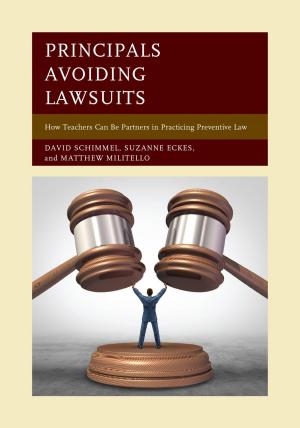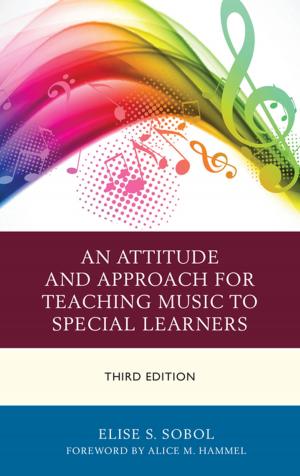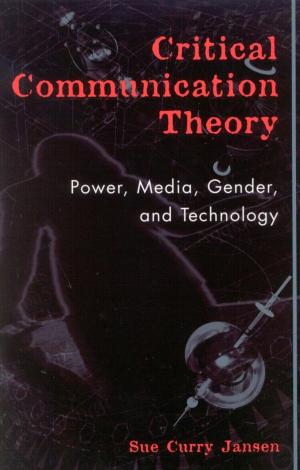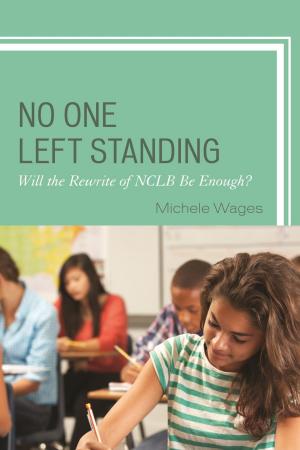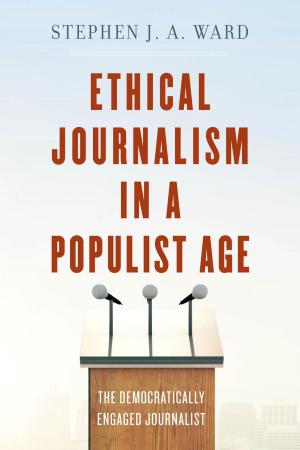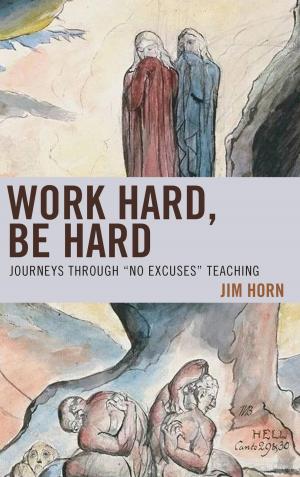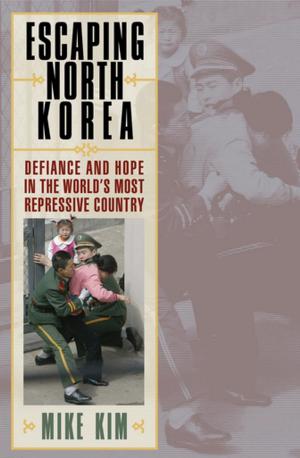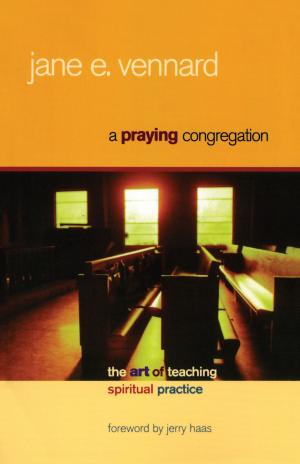| Author: | Howard Good, Berrin A. Beasley, Sandra L. Borden, Robert Brown, John Carvalho, Michael Dillon, Matthew C. Ehrlich, Joseph C. Harry, Lee Anne Peck, Bill Reader, Joe Saltzman, S Holly Stocking | ISBN: | 9781461638339 |
| Publisher: | Rowman & Littlefield Publishers | Publication: | October 23, 2007 |
| Imprint: | Rowman & Littlefield Publishers | Language: | English |
| Author: | Howard Good, Berrin A. Beasley, Sandra L. Borden, Robert Brown, John Carvalho, Michael Dillon, Matthew C. Ehrlich, Joseph C. Harry, Lee Anne Peck, Bill Reader, Joe Saltzman, S Holly Stocking |
| ISBN: | 9781461638339 |
| Publisher: | Rowman & Littlefield Publishers |
| Publication: | October 23, 2007 |
| Imprint: | Rowman & Littlefield Publishers |
| Language: | English |
How far should a reporter go for a story? What's the role of the press at the scene of an emergency, or a murder? Why has journalism suddenly become so susceptible to plagiarism? Here's a book that poses these and other urgent questions—and offers candid answers. At a time when professionals and the public alike worry that journalism has lost its way, Journalism Ethics Goes to the Movies is available to provide much-needed, accessible guidance.
Its twelve chapters, written by some of the nation's leading journalism scholars, explore issues that should concern anyone who aspires to a career in journalism, who works in the field, or who relies on news for daily information. Best of all, as the title suggests the contributors conduct their dynamic and engaging investigations at the movies, where sportswriters, war correspondents, investigative reporters, crime reporters, spin doctors, TV anchors, and harried city editors tackle these pressing issues. Journalism Ethics Goes to the Movies isn't your typical textbook. Using popular movies from Wag the Dog to Good Night, and Good Luck to illustrate the kind of ethical dilemmas journalists encounter on the job, this student-friendly book is sure to spark interest and stimulate thinking.
How far should a reporter go for a story? What's the role of the press at the scene of an emergency, or a murder? Why has journalism suddenly become so susceptible to plagiarism? Here's a book that poses these and other urgent questions—and offers candid answers. At a time when professionals and the public alike worry that journalism has lost its way, Journalism Ethics Goes to the Movies is available to provide much-needed, accessible guidance.
Its twelve chapters, written by some of the nation's leading journalism scholars, explore issues that should concern anyone who aspires to a career in journalism, who works in the field, or who relies on news for daily information. Best of all, as the title suggests the contributors conduct their dynamic and engaging investigations at the movies, where sportswriters, war correspondents, investigative reporters, crime reporters, spin doctors, TV anchors, and harried city editors tackle these pressing issues. Journalism Ethics Goes to the Movies isn't your typical textbook. Using popular movies from Wag the Dog to Good Night, and Good Luck to illustrate the kind of ethical dilemmas journalists encounter on the job, this student-friendly book is sure to spark interest and stimulate thinking.


